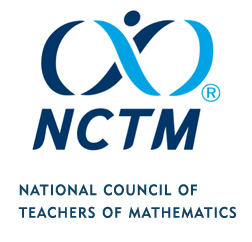As I am sitting here while my Algebra 1 students are working on a graphing assignment while watching The Grinch, I am reminded of a thought that I often have.
“I really like these kids as people (most of them), but more often than not, I really don’t like them as students.”
I know this sounds negative, but it’s true.
These students STRUGGLE with behavior in class. I have class sizes of 32, and the students are mostly freshman, with a few sophomores scattered in (those taking Algebra for a third time… you can imagine how much they want to be in class).
This being the case, these classes are extremely difficult to manage. It doesn’t matter where I sit them, they will talk to anyone. It doesn’t matter if we are taking notes, doing homework, working on a project, doing an activity… They still find a way to misbehave.
I try to do activities with them, and it usually backfires because I’m running around like a chicken with my head cut off trying to manage behavior, answer questions, and walk them through the directions which are right in front of them.
I leave these two classes every day feeling exhausted, overwhelmed, and frustrated. I feel like a really bad teacher after they leave my room. I think to myself, I really don’t like these kids. They make me feel badly about myself, they never do as they’re told, and they can be very disrespectful at times.
But, it’s when I see them outside of the room that things change.
When I’m no longer trying to get them to do their assignment, or take notes, or stay in their seat… All of the sudden, things are different.
I actually like them! They are funny, and kind, and good people.
I laugh A LOT when I am talking with some of them.
I can see their interests and their personalities, and I feel good about our interactions.
So, the question that will remain for the time being… How can I get myself to like them as students, the same way I like them as people?

